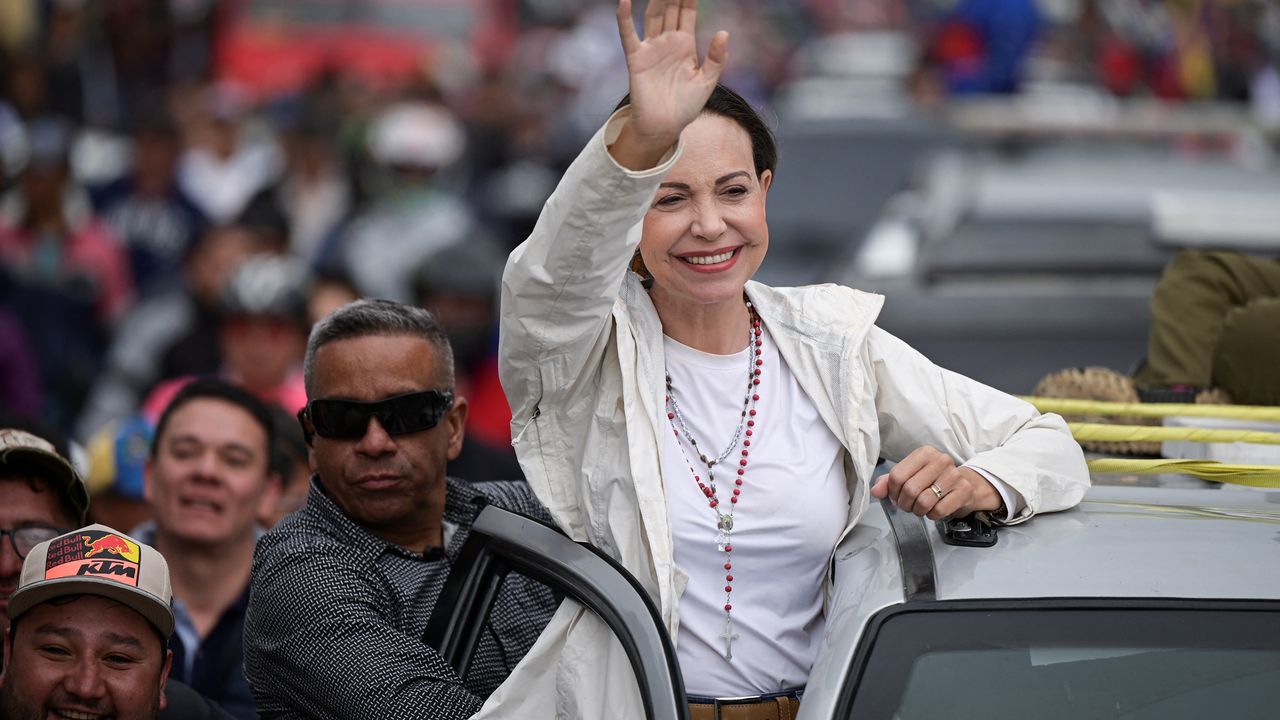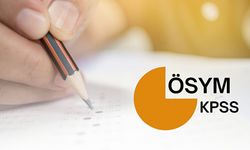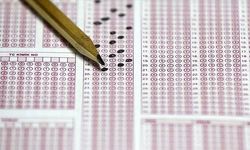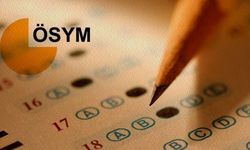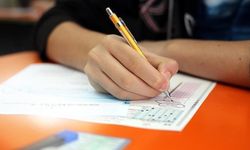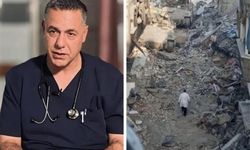Born on October 7, 1967, in Caracas, Machado is recognized as one of Venezuela’s most prominent opposition leaders. Alongside her political career, she earned a degree in industrial engineering from Andrés Bello Catholic University and completed a master’s degree in finance at the Instituto de Estudios Superiores de Administración (IESA) in Caracas. In 2009, she participated in Yale University’s World Fellows Program.
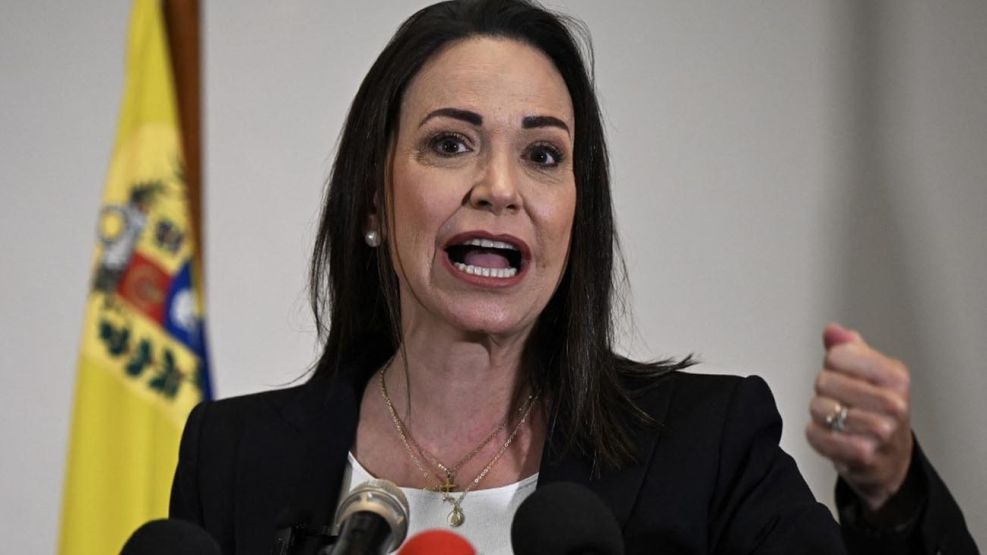
Entry into Politics and the Súmate movement
Machado entered politics in 2002 as the founder and leader of Súmate, an election-monitoring organization. During Hugo Chávez’s presidency, she played a leading role in organizing the 2004 recall referendum. Her activism, supported by the U.S. National Endowment for Democracy, led to accusations of treason and conspiracy by the Chávez government.
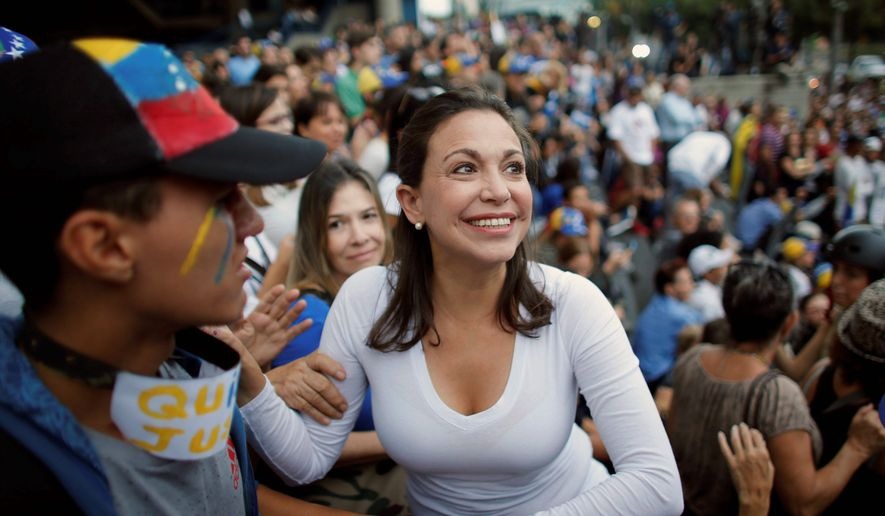
Parliamentary role and residential ambitions
From 2011 to 2014, Machado served as a member of Venezuela’s National Assembly. In 2012, she ran in the opposition’s presidential primaries but was defeated by Henrique Capriles. She later became one of the leading figures in the 2014 protests against Nicolás Maduro’s government. Although her name resurfaced as a potential presidential candidate in 2024, the process faced numerous political and legal obstacles.

International recognition and the Nobel Peace Prize
Machado’s steadfast fight for democracy and human rights earned her significant international recognition. In 2018, she was included in the BBC’s “100 Women” list, and in 2025, Time magazine named her among the 100 most influential people in the world. The Nobel Peace Prize marks the culmination of her decades-long struggle for democratic reform and civil liberties in Venezuela.
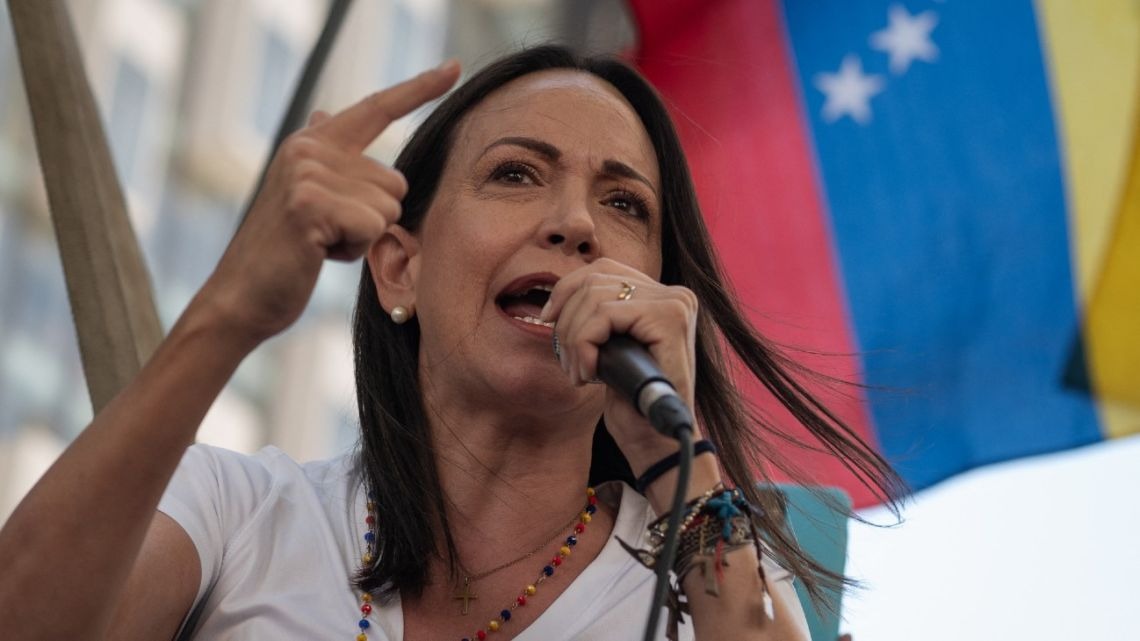
Social commitment and personal life
A mother of three, Machado has long been involved in social and humanitarian work. She founded the Atenea Foundation and led the Opportunitas Foundation, both dedicated to supporting orphans and street children in Caracas. Through her courage, persistence, and advocacy for justice, María Corina Machado has become a global symbol of resilience and the fight for democracy in the face of authoritarianism.
